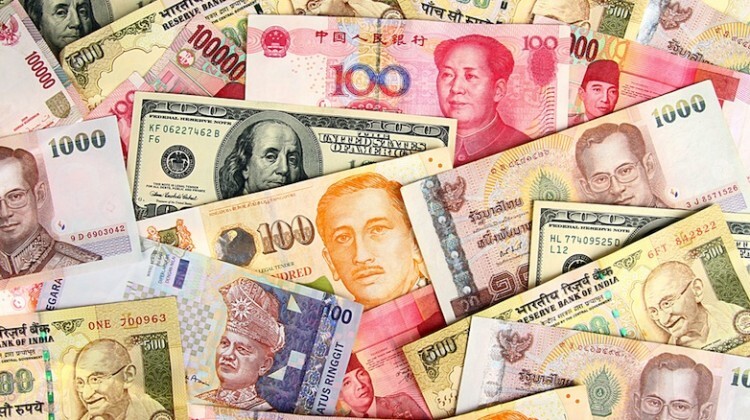this post was submitted on 22 Jul 2023
452 points (96.7% liked)
Asklemmy
43755 readers
1595 users here now
A loosely moderated place to ask open-ended questions
If your post meets the following criteria, it's welcome here!
- Open-ended question
- Not offensive: at this point, we do not have the bandwidth to moderate overtly political discussions. Assume best intent and be excellent to each other.
- Not regarding using or support for Lemmy: context, see the list of support communities and tools for finding communities below
- Not ad nauseam inducing: please make sure it is a question that would be new to most members
- An actual topic of discussion
Looking for support?
Looking for a community?
- Lemmyverse: community search
- sub.rehab: maps old subreddits to fediverse options, marks official as such
- !lemmy411@lemmy.ca: a community for finding communities
~Icon~ ~by~ ~@Double_A@discuss.tchncs.de~
founded 5 years ago
MODERATORS
you are viewing a single comment's thread
view the rest of the comments
view the rest of the comments

The value of things doesn't really increase. One loaf of bread still makes my hunger go away the same amount that it does regardless of its price tag.
It's the »measurement tool« that we are measuring/defining its value with that's changing in alignment to the amount of supply of bread.
It's good that someone else also understand that value of goods doesn't increase during inflation, but that the value of currency decreases. If the value of a good increases then that means you need to exchange more of other goods to get the same value as that good that increased in value. Add in that goods often have different values to different people.